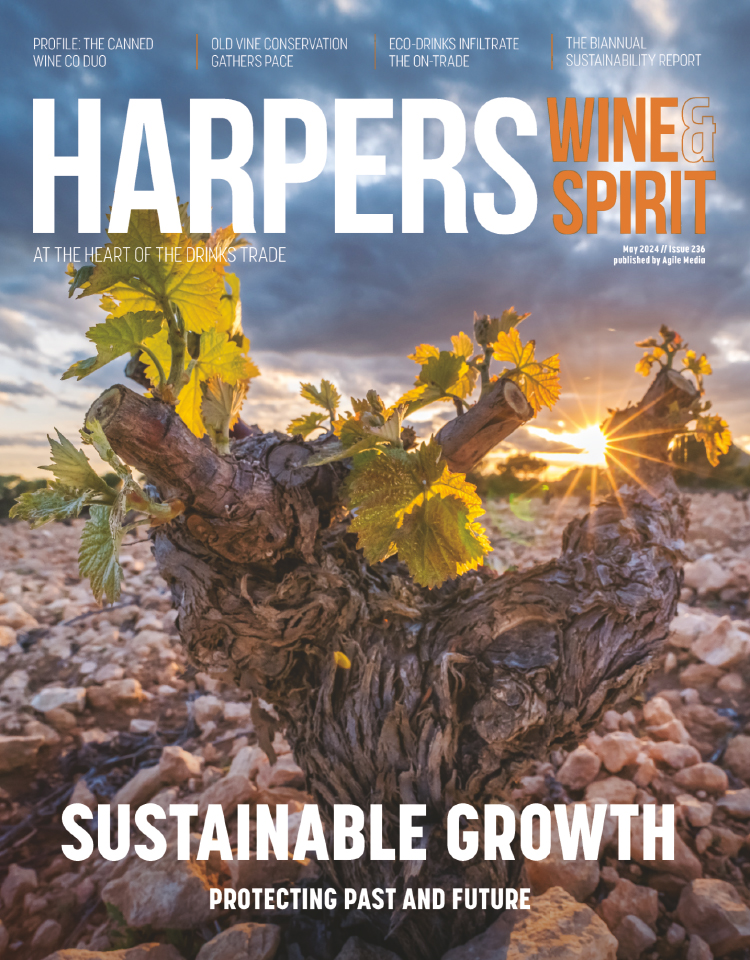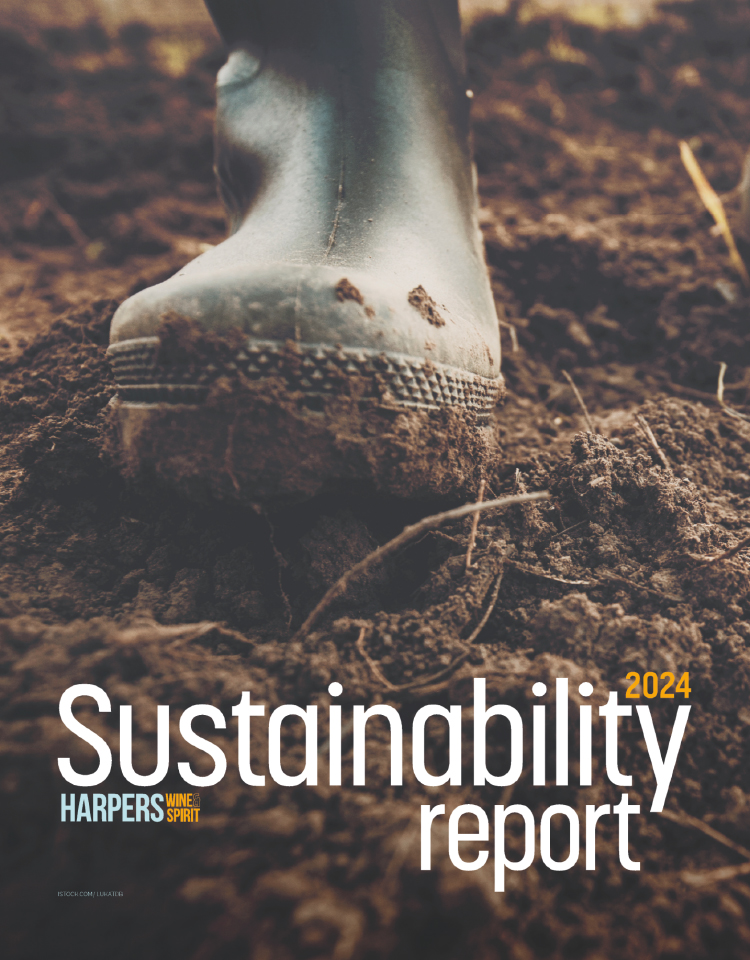Wines in the press - September 30- October 3
The Guardian
Getting on for six years ago, Victoria Moore was agonising about what to write about in her first wine column in the Guardian.
The Guardian
Getting on for six years ago, Victoria Moore was agonising about what to write about in her first wine column in the Guardian.
She decided to start as she meant to go on with a simple wine that is delicious, good value and all too often passed over, Muscadet. Moore said she was rewarded the following week when the letters editor decided to print a missive announcing that: "Any credentials which Victoria Moore might have as a wine writer disappear with her claim that Muscadet hits the spot. Muscadet is pretty boring." In her last column for the Guardian, she adds she continues to be stirred by Muscadet. "Agreed, it may be slightly dull to drink on its own. But once you have a plate of seafood - ideally mussels - its earthy subtlety, salinity and thrilling vinosity make the likes of Sauvignon Blanc or even Riesling look shrilly attention-seeking. Thank you for reading."
The Independent
Set up in 1993 by Graham Chidgey, The Bunch (www.bunchwines.co.uk) is a like-minded association of six of Britain's top independent wine merchants. Anthony Rose says a good independent scores every time over a supermarket in the quality and range of what it has to offer, it also provides a service that supermarkets can only dream of. Like all the best UK independent merchants, he adds, The Bunch espouses wines of quality and personality. At the annual Bunch press tasting last month, BBR showed, among others, "a deliciously spicy, refreshingly cherryish", Langhe Nebbiolo, Coste, Ferdinando Principiano, 2008 (£16.50) and the "bright, aromatically peppery, almost northern Rhône-like", Weingut Moric, Blaufränkisch, Austria 2008 (£19.95).
Financial Times
First organic, then biodynamic, and now "natural", says Jancis Robinson MW. It's the latest in "holier-than-thou drinking" and has invaded Britain surprisingly recently. Douglas Wregg of UK importers Caves de Pyrène, has done most to introduce the British, at last, to natural wine. He defines it as designed to present the character of the place, grapes and growing season responsible for it as faithfully as possible. Having tried many of their finds both at their trade tastings and at Terroirs, Robinson finds herself bemused. "I love the theory behind natural wines, but in practice I find them frustratingly unpredictable. I have never had a natural wine that I would put in the top hundred wines I have tasted." That said, she says she's sure the natural wine movement is here to stay and feels confident that the proportion of hits rather than misses will steadily increase."
The Mail
We all remember wines with stand-out names such as Fat Bastard and Cat's Pee On A Gooseberry Bush, but in recent years, the penchant for wines with quirky names appears to have dwindled. Or has it? Asks Olly Smith. Hermit Crab Viognier Marsanne 2009 (£9.49, Waitrose) sums up the good side of wines with quirky names. Smith is less wowed by wines with names that play on sex, double meanings coarseness. He says it's what's in the bottle that counts. For this piece, Smith tasted a small army of wines with quirky names and fully expected a lot of them to be" ropey old dross". But he adds some were reasonable. He recommends New Zealand's Rabbit Row Sauvignon Blanc 2008 (£8.49, Waitrose).
The Times
Over the years, I've developed half a dozen guidelines of my own when it comes to food and wine matching, says Tim Atkin MW. These are as follows: combine wines and dishes from the same region; match wine to the strongest flavour on the plate, which may be the sauce; acidity and salt in food make wines taste softer, especially if they're tannic reds; really spicy food works best with medium sweet whites, but gentler spices are fine with unoaked reds; gutsy food likes gutsy wines; and, last of all, sweet food needs sweet wines, preferably with comparatively low levels of acidity. Atkin thinks oysters work best with Champagne and Chablis, smoked fish with Pinot Grigio. He adds "head off piste and you never know what you might find. If any of you discover a wine that works with a vindaloo, let me know."






